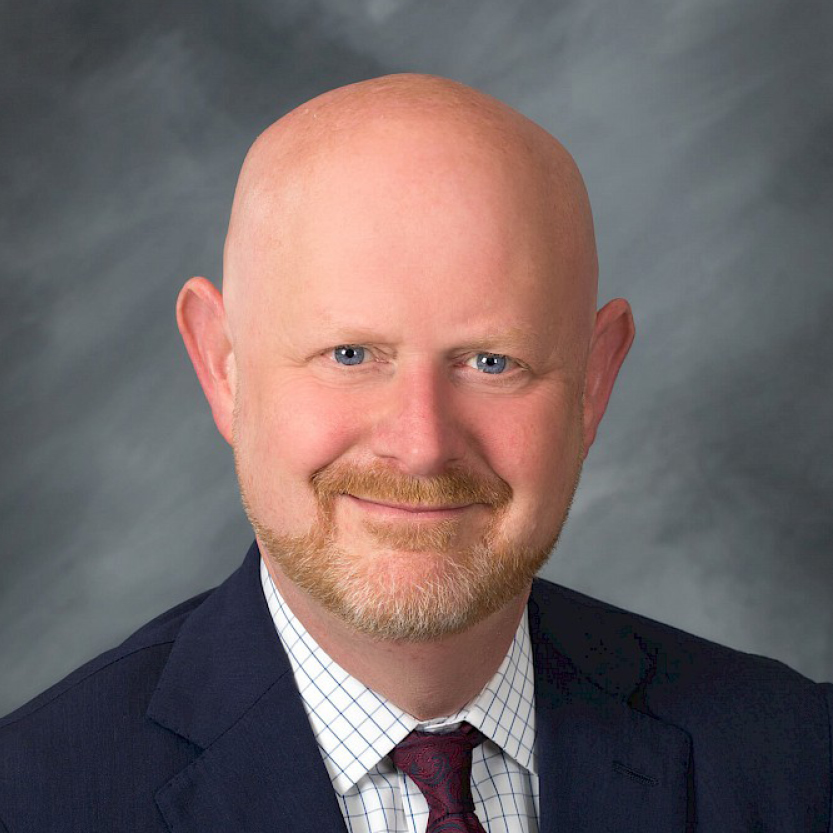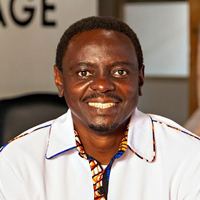The final Capstone project culminates a Clinton School student’s studies with an in-depth, on-site project focused on understanding and transforming complex systems.
The Capstone project challenges students to put their learned skills into action and complete an in-depth public service project to benefit local and state government, nonprofit organizations, or a private business. Many students combine their Capstone with an employment opportunity, and others see their projects lead directly to full-time positions.
The Capstone employs an independent study format overseen by a Clinton School faculty advisor. Through their Capstone, students will:
- Apply the knowledge, skills, and values from the MPS program in a sophisticated way to a real-world problem or challenge
- Understand, engage, and seek to transform systems across sectors
- Produce a deliverable that meets an identified community need and exemplifies, in its product, the knowledge, skills, and values of the Clinton School curriculum
Students have three semesters to complete their Capstone once they enroll in the course.
For additional information on Capstone projects, please contact Rachel Norris, Director of Domestic Programs for the Office of Field Service, at rnorris@clintonschool.uasys.edu.

Dr. Jay Barth
Director | William J. Clinton Presidential Library and Museum“Wendy Cook was of incredible assistance in guiding our strategic planning process to enhance our work with higher education students and faculty. She worked with a team of faculty from around the country, planning our meetings to be incredibly productive. Wendy then produced a great game plan for our work that we look forward to implementing in the year ahead to become a model of how presidential libraries can be proactive partners with higher education institutions.”

Benito Lubazibwa
Founder | ReMix Ideas“Madeline Burke’s Capstone work with ReMix Ideas was extremely important. Madeline’s project focused on developing a racial equity index for Little Rock, which serves as a tool to show which areas of the city have higher and lower opportunities for Black-owned businesses, and will ultimately make the city’s procurement process more equitable. Her work will create real and lasting impact on the entrepreneurial ecosystem in Little Rock, and will improve economic mobility for underestimated entrepreneurs.”

Camille Watson
Senior Program Evaluation Specialist | Arkansas Rural Health Partnership“Caleb Cox did a fantastic job developing a Best Practice Toolkit for the Arkansas Rural Health Partnership’s food pharmacy program, The Good Food Rx. The program focuses on seniors (65+) with chronic diseases in Arkansas rural communities that experience food insecurity. Caleb used his knowledge gained from the coursework at the Clinton School to provide our organization with a Best Practice Toolkit – found by studying and analyzing the target population and scholarly literature.”